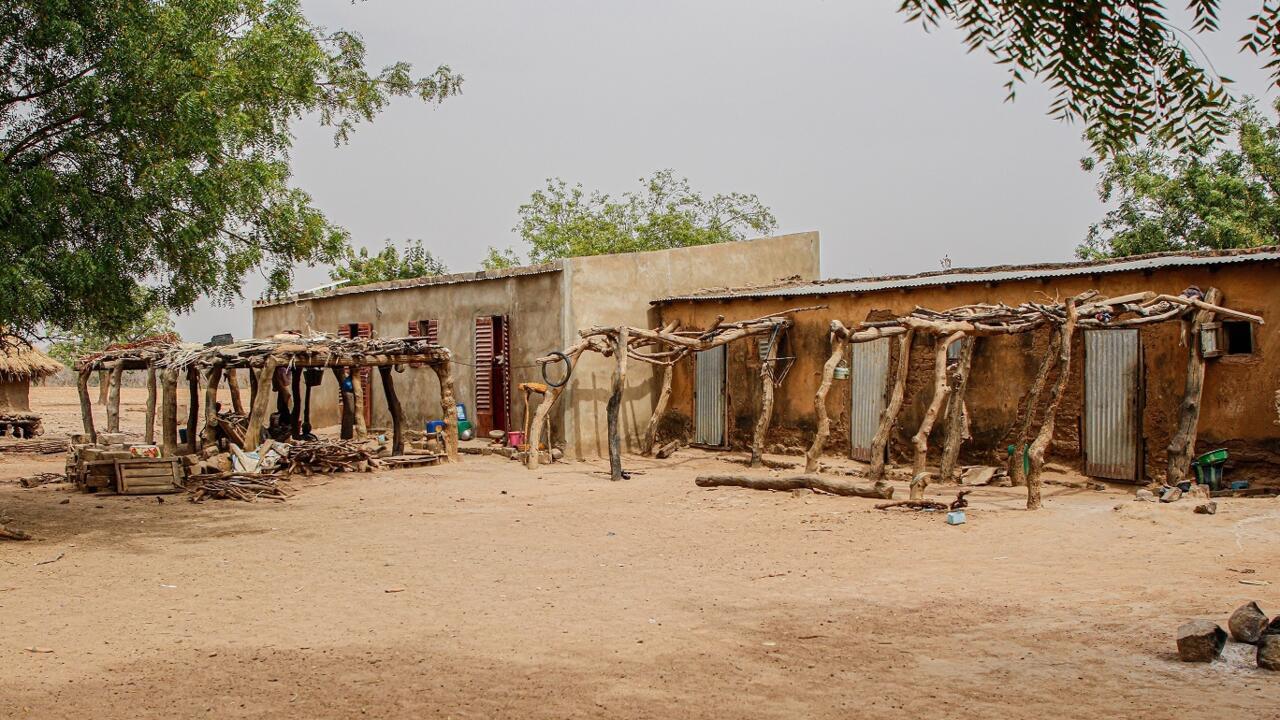Mali: sub-prefect Ali Cissé released after three and a half years in the hands of Jnim
In Mali, Ali Cissé is free. The sub-prefect of Farako had been held hostage for three and a half years by the Jnim, the Group for the Support of Islam and Muslims, linked to al-Qaeda. He was released on Tuesday, May 31.
Ali Cissé was handed over this Tuesday, May 30 to the prefect of Kolokani. Here, a village in Kolokani cercle, Koulikoro region, Mali (illustration image). Getty Images - john images
Text by: David Baché
Advertising
Read more
His release was confirmed to RFI by several official security sources and by relatives of the sub-prefect. Ali Cissé was handed over yesterday to the prefect of Kolokani, Koulikouro region, only about 130 kilometers north of Bamako. The now ex-hostage is currently in the Malian capital. No details at this stage on the circumstances of this release, no official statement from the authorities. Asked by RFI, the presidency, usually in charge of hostage cases, did not respond. The Ministry of Territorial Administration has also not been able to provide details at this time.
State symbols
In any case, this is very happy news for Ali Cissé, who spent three and a half years in captivity. He was abducted from his home near Ségou, central Mali, in December 2019. Since then, his colleagues in the public administration have been mobilized for his release and that of other Malian administrators detained by the jihadists.
The Jnim regularly abducts local notabilities in the areas it controls, imams or village chiefs for example, but also people symbolizing in their eyes the Malian state or Western values: teachers, prefects, soldiers, journalists or humanitarian workers.
Several dozen Malian hostages
With these kidnappings, the jihadists' objective is to maintain fear and assert their domination, but also to negotiate quid pro quos: money (according to sources close to the negotiating circles, a Malian hostage would generally be negotiated around one to two million FCFA) and release of prisoners in particular, or the recognition of certain acts carried out by jihadist groups in the villages they control, Such as the appointment of kadis to administer Islamic justice. Several dozen Malian hostages are currently being held, although the exact number is unknown.
Four videos
The release of the sub-prefect Ali Cissé also occurs in a particular context since in recent days - since Sunday, May 28 - the Jnim has broadcast four videos in which appear four hostages still detained. Three Malians: former MP Abdou Agouzer Maïga, kidnapped last month, forest ranger Abdoulaye Kanté, kidnapped two months ago, and a soldier, Corporal Oumar Diakité, kidnapped two and a half months ago. Jnim also released a video of South African Gerco Jacobus van Deventer, who has been held captive for five and a half years. Should the release of sub-prefect Ali Cissé and the dissemination of these "proofs of life" be interpreted as a call for discussion?
Challenges and openness
It should be recalled that three Western hostages held in northern Mali were also recently freed by al-Qaeda: Frenchman Olivier Dubois and American Jeff Woodke on March 20, thanks to the involvement of the State of Niger, and Australian Kenneth Elliott on May 19 (date of the announcement of his return to the country by the Australian government).
Jnim and al-Qaeda are struggling with their Islamic State rivals in the Sahel. In just over a year, ISIS has clearly gained the upper hand in northeastern Mali and the Mali-Niger-Burkina Faso tri-border area. Difficulties that may also explain a certain openness to negotiations.
► Also listen: Jeff Woodke, ex-hostage: "They thought I was an American agent and I refused to become a Muslim"
Newsletter Receive all the international news directly in your mailbox
I subscribe
Follow all the international news by downloading the RFI application
Read on on the same topics:
- Mali
- al-Qaeda
- Terrorism

